Second Stimulus Check Payments by Debit Card Are Coming (It's Not Junk Mail!)
The IRS is sending some second stimulus check payments on prepaid debit cards. We've got answers to important questions about these "EIP Cards."

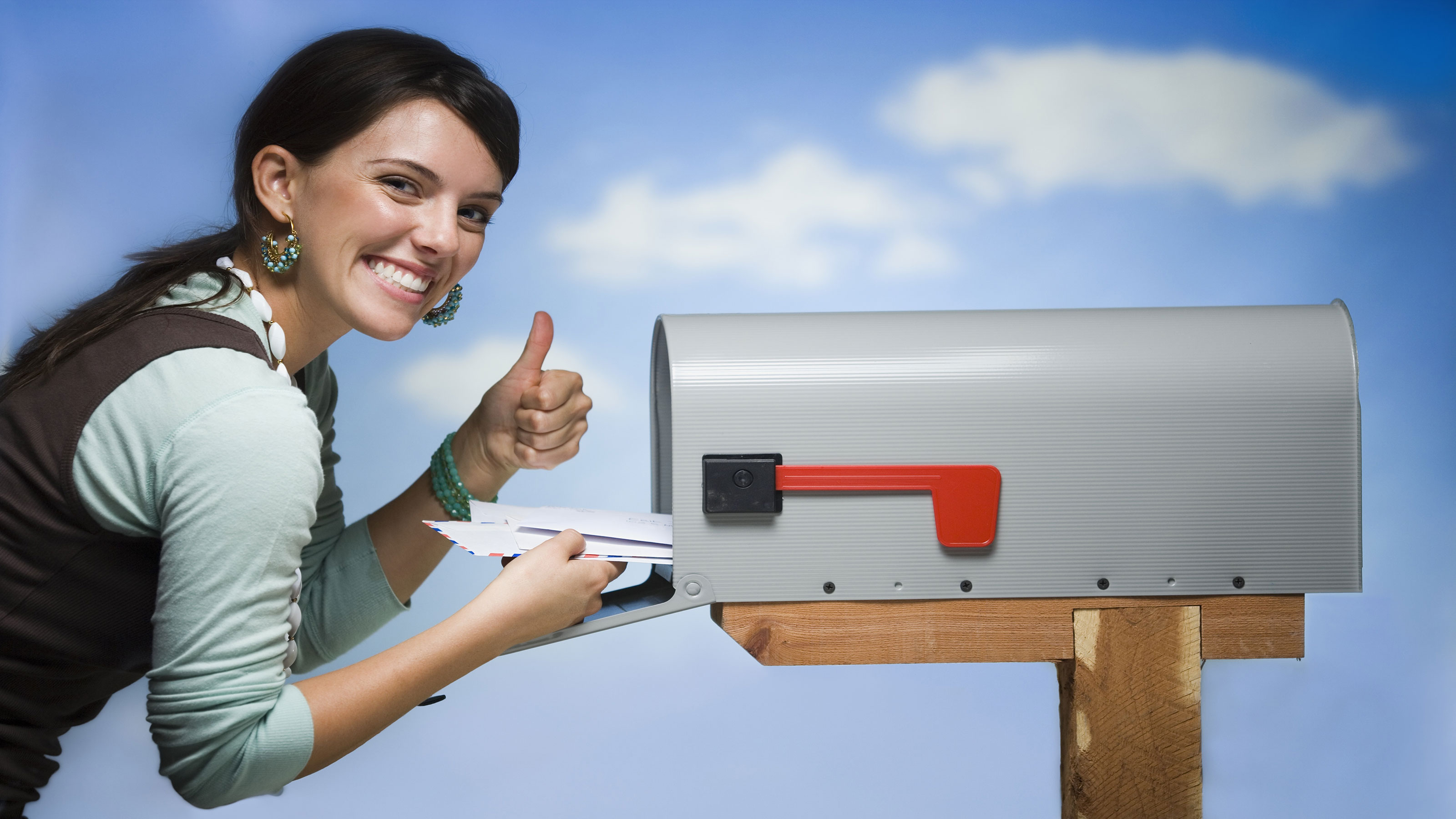
Profit and prosper with the best of Kiplinger's advice on investing, taxes, retirement, personal finance and much more. Delivered daily. Enter your email in the box and click Sign Me Up.
You are now subscribed
Your newsletter sign-up was successful
Want to add more newsletters?
You might be one of the approximately 8 million Americans who finds a debit card in their mailbox soon. If so, don't automatically think it's some sort of scam or junk mail. It might be the second stimulus check payment you've been waiting for – just in the form of a prepaid debit card. The cards – called Economic Impact Payment Cards, or EIP Cards, by the IRS – will go to certain people who don't have bank information on file with the tax agency. Instead of mailing a paper check (which takes longer to process), the cards will be sent to the most recent mailing address on file with the IRS for those selected to receive them. EIP Cards are going to eligible recipients across all 50 states and the District of Columbia, but Americans in the western part of the country are generally more likely to get one.
If you do receive an EIP Card, you'll probably have a lot of questions about how it works. How do I use it? Where can I use it? Are there any fees? Can the IRS track my purchases? The cards come with some nice features, but there are also some special rules for their use. So you can hit the ground running if an EIP Card shows up in your mailbox, here are answers to a few important questions you're likely to have about your second stimulus payment debit card. And make sure you put the money to good use! (To find out how much money you will get, use our Second Stimulus Check Calculator.)
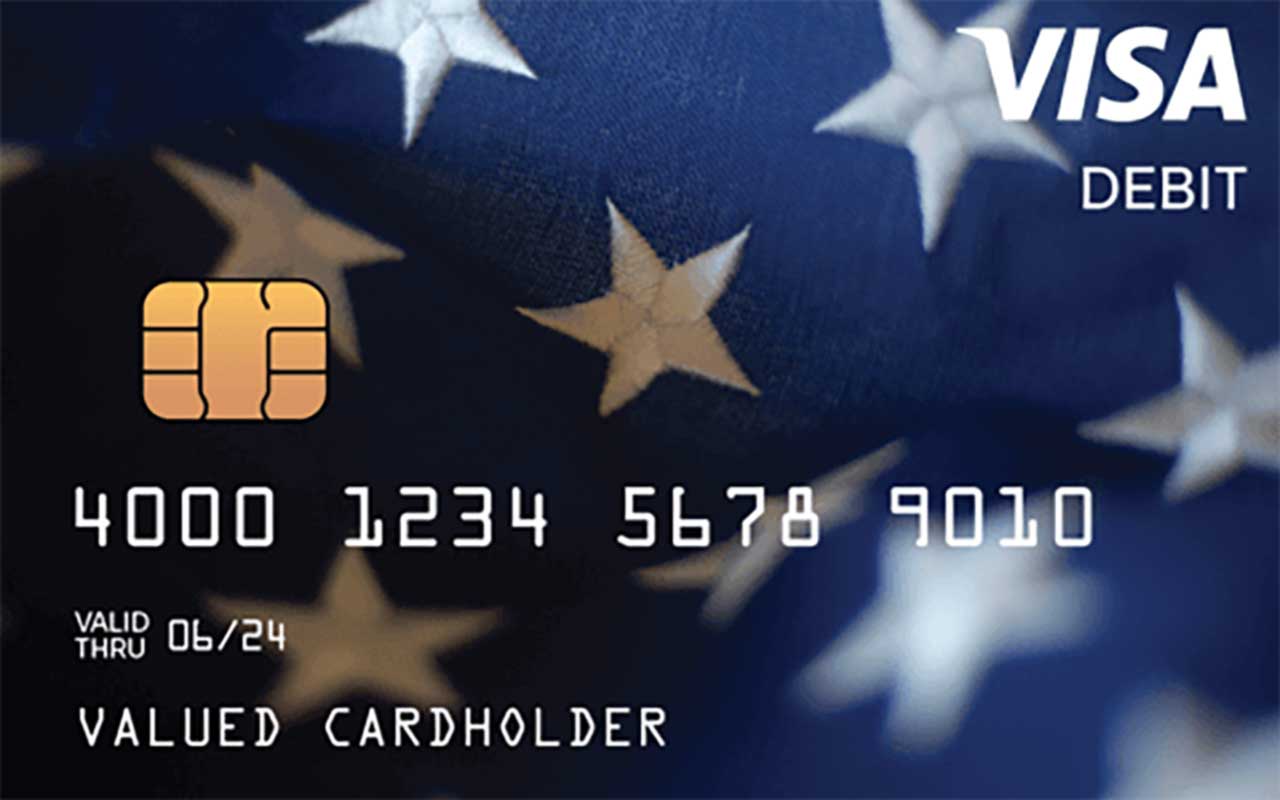
What an EIP Card Looks Like
Question: What will my EIP Card look like?
Answer: Your stimulus payment debit card will come in a white envelope that prominently displays the U.S. Department of the Treasury seal and includes "Economic Impact Payment Card" in the return address. The envelope also states that it contains "important information about the Economic Impact Payment."
The card itself will say "Visa" on the front and "MetaBank" (the issuing bank) on the back.

Activating the Card
Question: Do I have to activate my EIP Card?
Answer: Yes, you will have to activate your debit card by calling the toll-free activation line at 800-240-8100. You'll have to input your card number, last 6-digits of your Social Security number, and the 3-digit security code from the back of the card. You could also be asked to further validate your identity by providing, at minimum, your name and address or answer identity verification questions. If your card has more than one name on it, only the first person listed (i.e., the primary cardholder) can activate the card.
You'll also be asked to create a 4-digit PIN number.
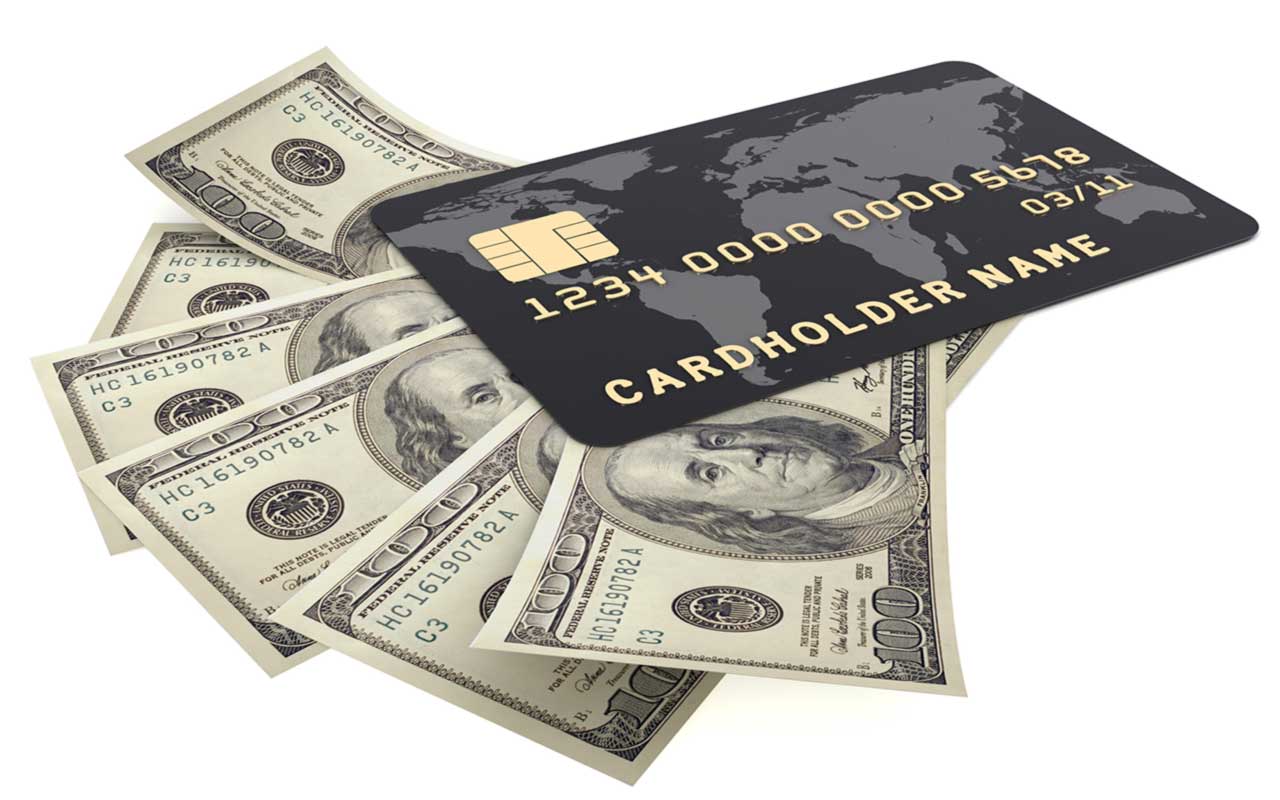
Debit Card for First-Round Stimulus Check
Question: If I received a debit card for my first stimulus check, will my second stimulus check payment be deposited on the card I already have?
Answer: If you received an EIP Card for your first stimulus payment, it doesn't mean you'll automatically receive an EIP Card for your second payment. You might receive a paper check this time. Also, if you received a paper check for the first payment, you might get a debit card this time.
If you get a debit card for both payments, a new EIP Cards will be issued for your second-round payment. The first-round EIP Cards won't be "reloaded."

Volunteering to Get a Debit Card
Question: Can I specifically ask the IRS to send may stimulus payment to me on a debit card?
Answer: No. You can't choose to receive a prepaid debit card. The Bureau of the Fiscal Service, which works with the IRS to handle distribution of the stimulus payments, decides who will receive a debit card.

Purchases at Brick-and-Mortar Stores
Question: Can I use my EIP Card to make purchases at stores?
Answer: Yes, you can use your stimulus check debit card to make purchases at stores that accept Visa® debit cards. Depending on the store, you can either sign for the transaction or enter your 4-digit PIN.

Online Purchases
Question: Can I use my debit card for online purchases?
Answer: Yes, you can also use your EIP debit card to make online purchases if the seller's website accepts Visa® debit card payments. If asked, make sure you use the correct billing address for your debit card account. To verify or change your billing address, log in to your account at EIPCard.com and click on "My Profile."

Buying Gas with Your EIP Card
Question: How do I pay for gas with my EIP Card?
Answer: When using your debit card to pay for gas, give your card to the attendant to pre-pay for gas. This will avoid a pre-authorization charge. If you pay for gas at the pump with most debit cards, the gas station will often "pre-authorize" your purchase. This puts a temporary extra charge on your card. It can take up to seven business days to get that money back.
Some other businesses – such as hotels, car rental companies and restaurants – may also impose pre-authorization charges.
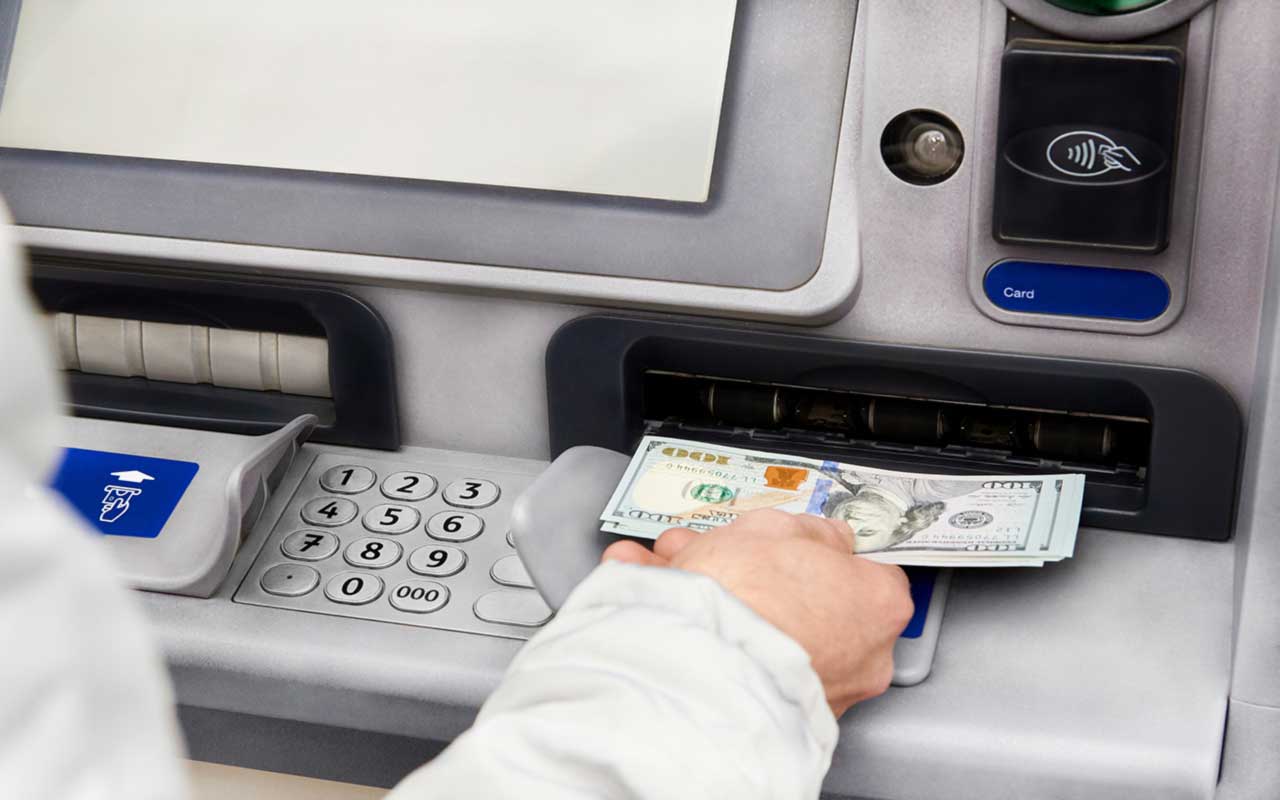
Getting Cash
Question: Can I get cash using my EIP Card?
Answer: Yes, there are three ways you can get cash using your stimulus payment debit card.
First, you can withdraw cash from an ATM. There could be a fee if you use an out-of-network ATM. You can find in-network ATMs at EIPCard.com/locator.
Second, you can get cash back from some stores when using your 4-digit PIN to make a purchase. (Select "yes" when asked if you want cash back.)
Third, you can go to a bank or credit union branch to get cash. Make sure you know how much money is on the card, because the bank teller won't be able to check the balance. Also note that bank fees may apply.
Daily cash withdrawal limits may also apply for your EIP Card. ATMs could have their own limits, too.
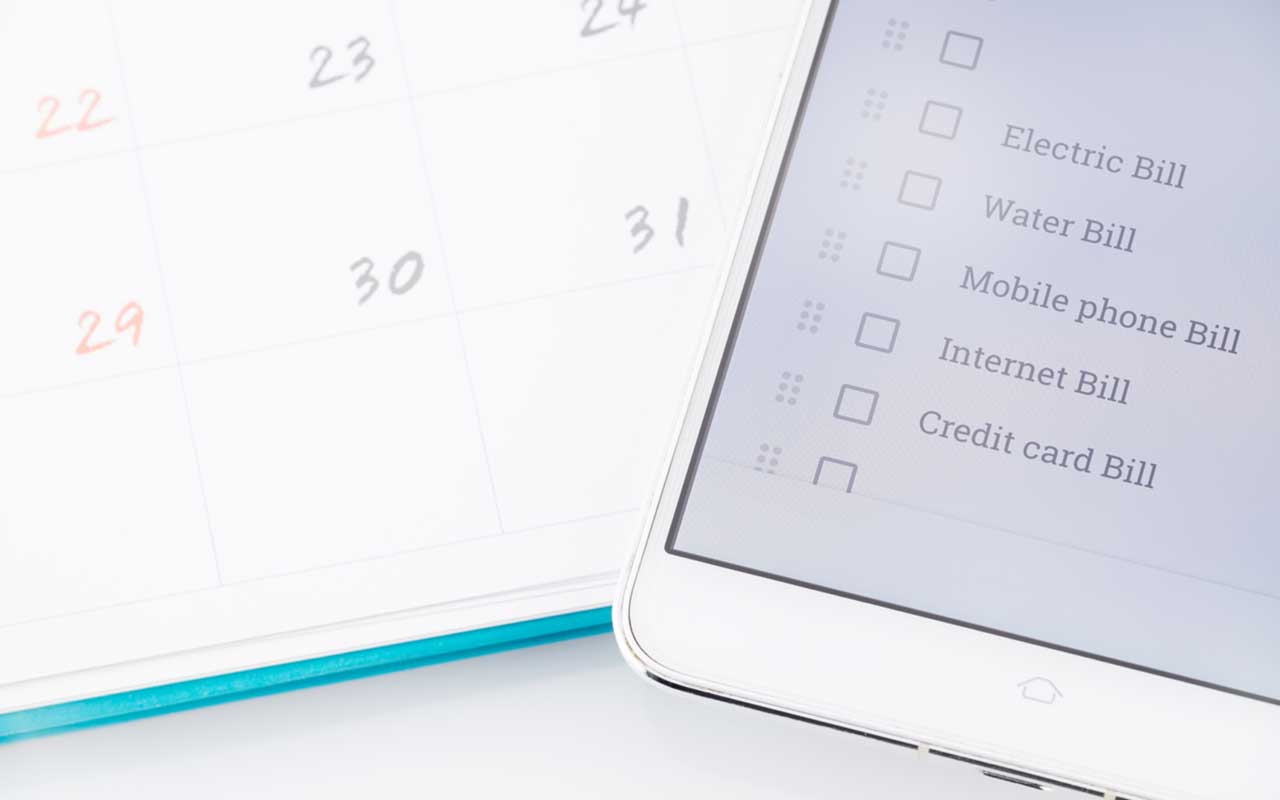
Recurring Payments
Question: Can I make recurring bill payments with my debit card?
Answer: Yes, your EIP Card can be used to make recurring payments. Just make sure you have enough money on the card to cover each payment. If you don't have enough money on the card, the transaction will be fully or partially declined.

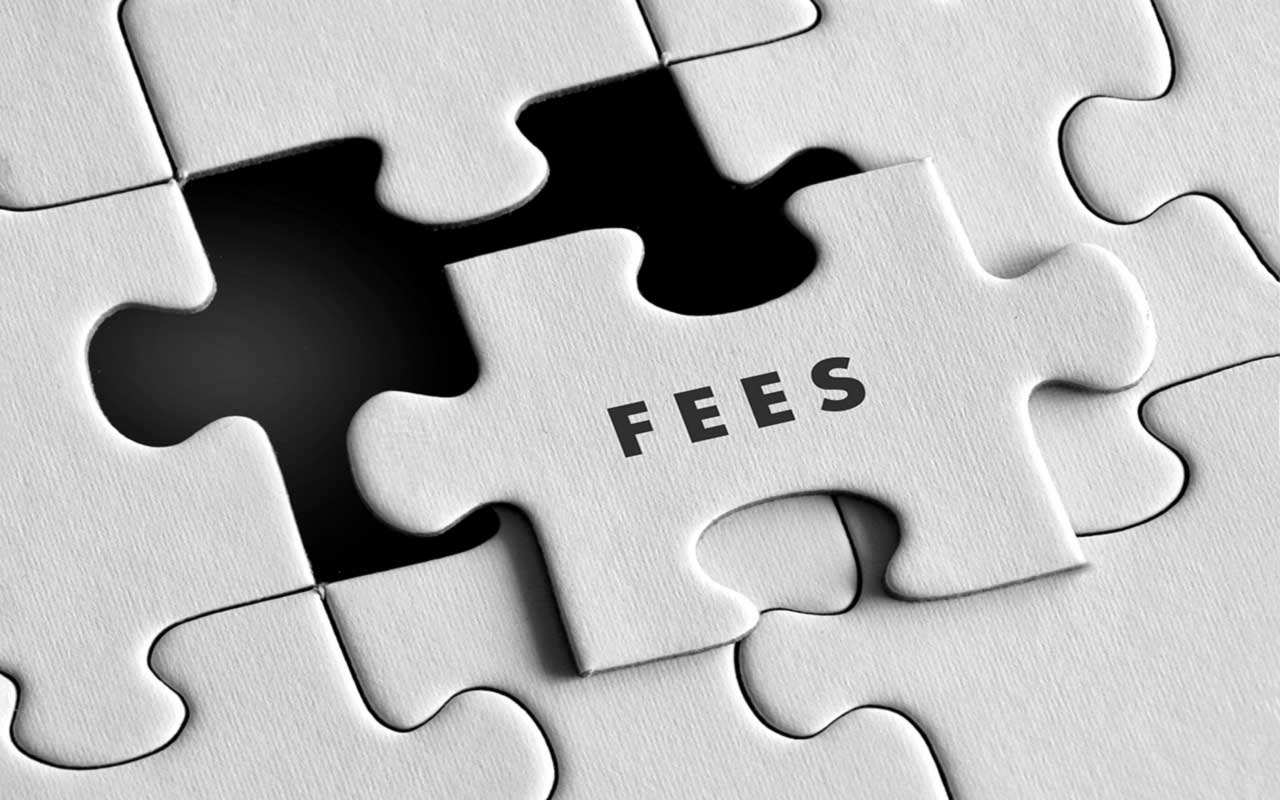
Fees
Question: Are there any fees for using my stimulus payment debit card?
Answer: Yes. Many services and types of transactions are free of charge. For instance, there's no monthly fee, lost or stolen card replacement fee, customer service charges, or per purchase cost.
However, a fee is charged for the following EIP Card services and transactions:
- Cash Withdrawal at Bank – $5 for second and subsequent withdrawals (first withdrawal is free; the bank may also charge a fee);
- Domestic Out-of-Network ATM Withdrawals – $2 for second and subsequent withdrawals (first withdrawal is free);
- International ATM Withdrawals – $3; and
- ATM Balance Inquiries – 25¢.
Check your EIP Card welcome packet and cardholder agreement for more information about fees.

Tracking the Card's Balance
Question: How can I check the balance of my account?
Answer: There are three ways to track your EIP Card account balance and transaction history.
First, you can check your balance and transactions online at EIPCard.com. You have to register first, though. To register, go to EIPCard.com, click on the Login button, and the click on the "Register Now" link. Follow the steps to create a user ID and password (you'll need to have your EIP Card in hand).
You can also keep track of your account information by phone. Call 800-240-8100 to hear your balance and transaction history using the automated system.
Finally, you can download the Money Network Mobile App2 at the App Store® or on Google Play™.

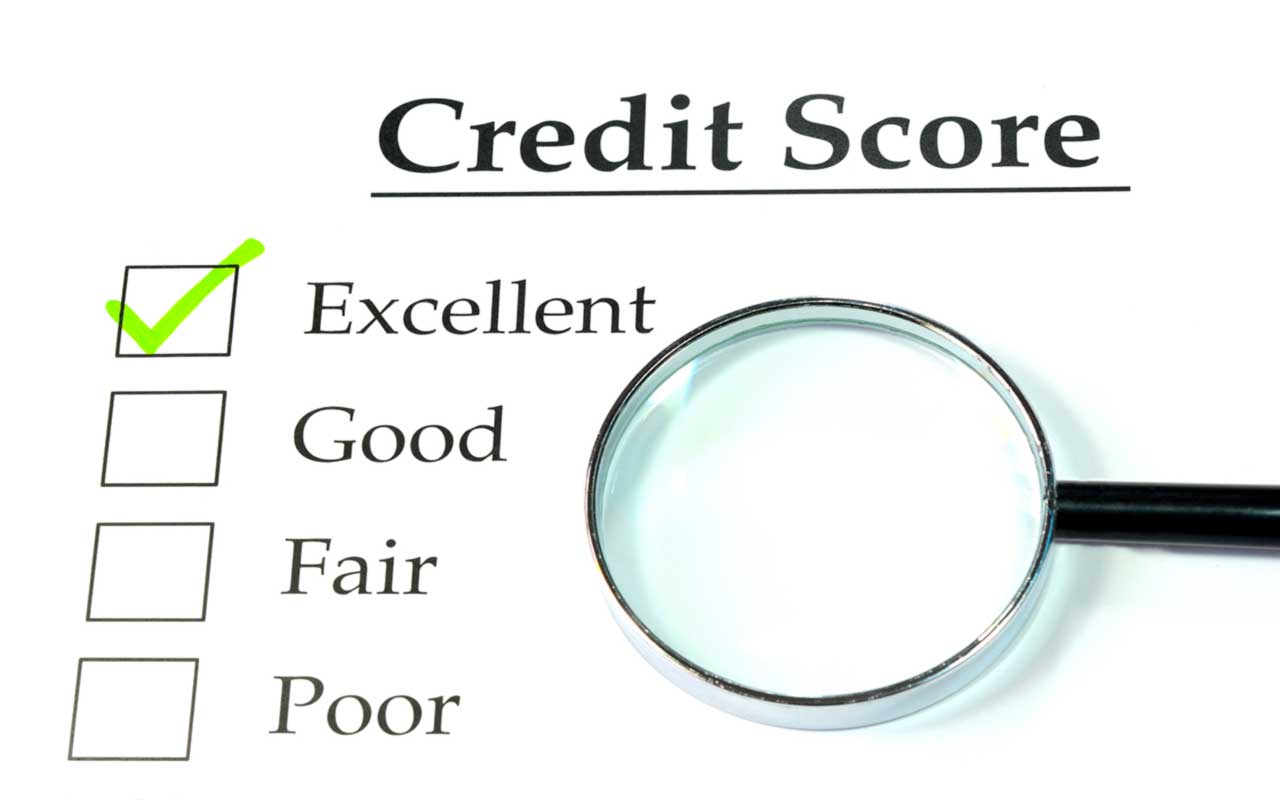
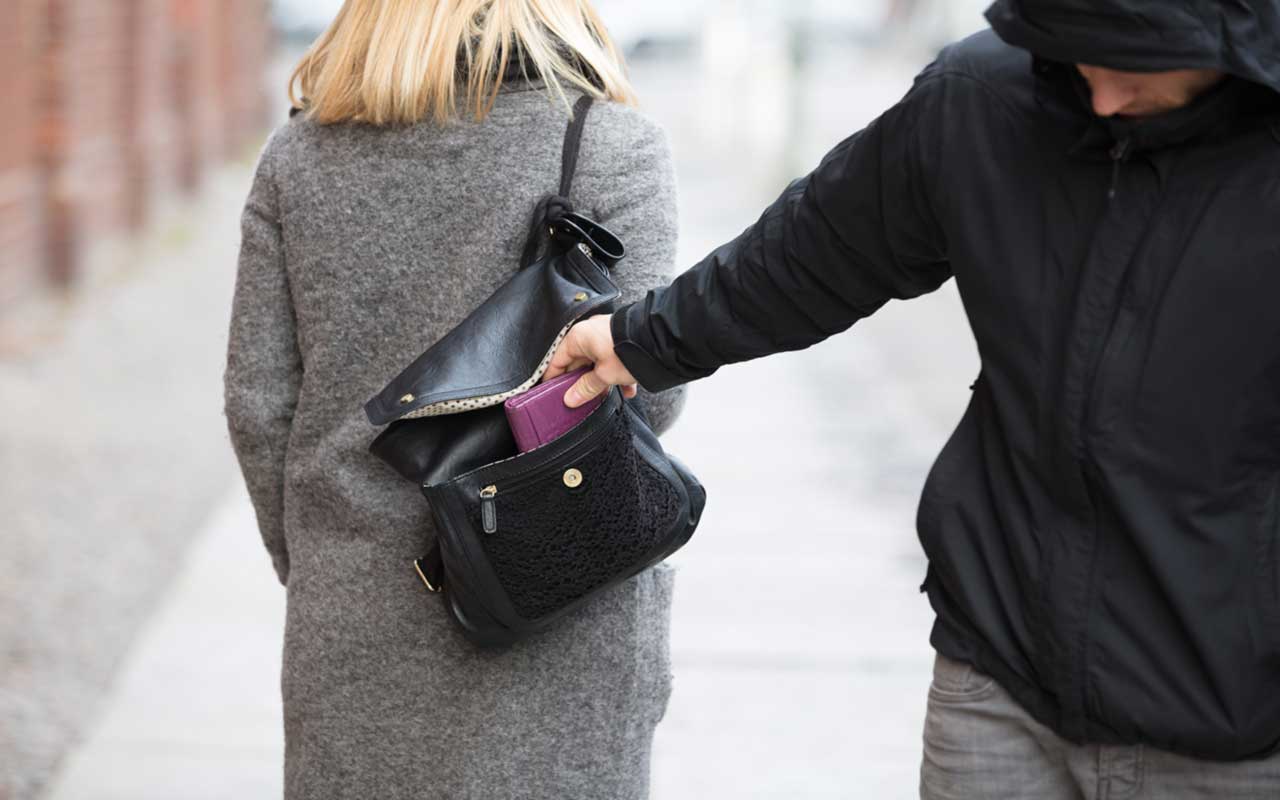
Lost or Stolen Cards
Question: What should I do if my card is lost or stolen?
Answer: If your EIP Card is lost or stolen, log in to your account at EIPCard.com immediately and "lock" your card so no one else can use it. You should then call customer service at 800-240-8100 and report the loss or theft of your card right away. For cards with more than one name on it, the primary cardholder (i.e., the person listed first) must make the call. A new card will be sent to you free of charge.

Transfers to Your Bank Account
Question: Can money on the debit card be transferred to my bank account?
Answer: Yes. Although your EIP Card is not linked to your bank account, you can transfer money from your card to your bank account. This type of transaction is done online at EIPCard.com or through the Money Network Mobile App. You'll need the routing and account number for your bank account.
To transfer funds:
- Call 800-240-8100 to activate your card;
- Register for online or mobile app access by going to EIPCard.com or the Money Network Mobile App2 and click on "Register" (follow the steps to create your user ID and password, and be sure to have your EIP Card handy); and
- Select Move Money Out and follow the steps to set up your ACH transfer.
Transfers should post to your bank account in 1 to 2 business days.
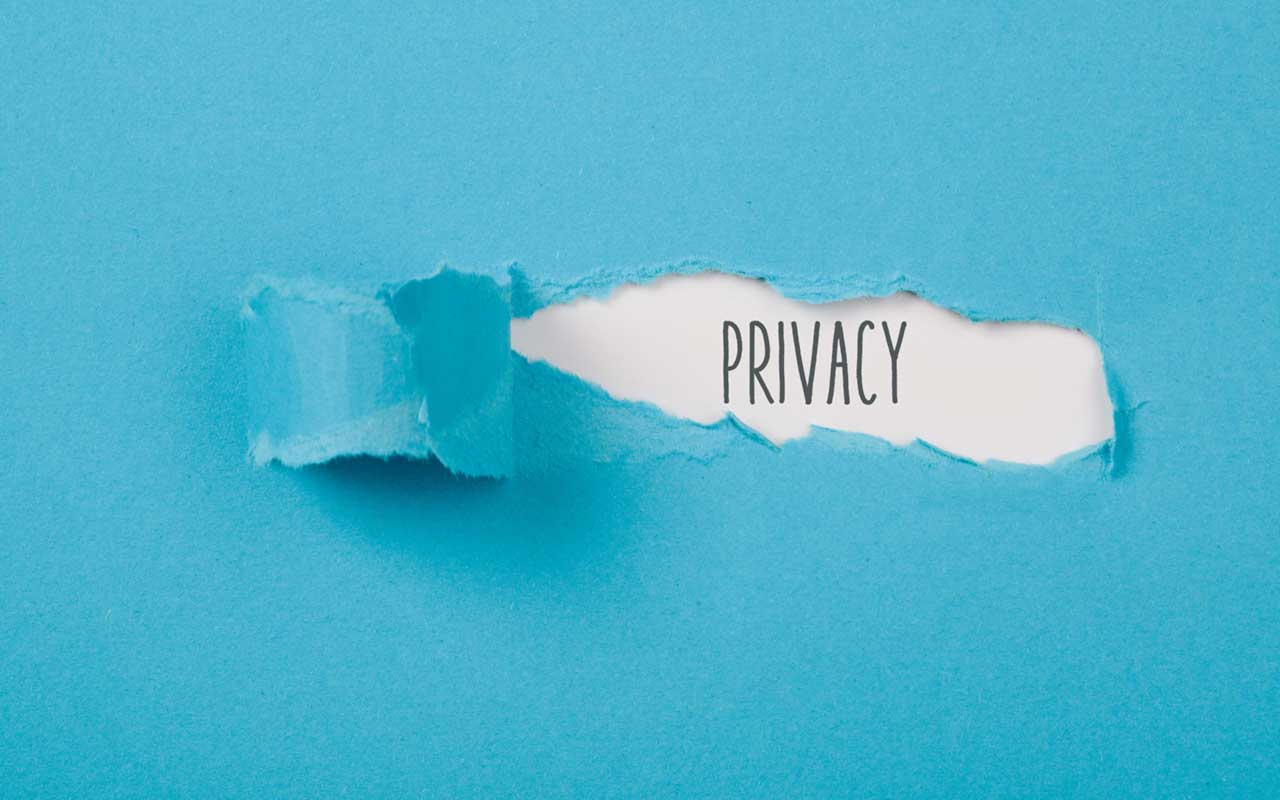
Government Access to Information
Question: Can the IRS or other government agency track my EIP Card activity?
Answer: No. Except in rare and limited situations, no government agency, including the IRS, will have access to information about your EIP Card activities.
The government can't take money out of your EIP Card account, either.
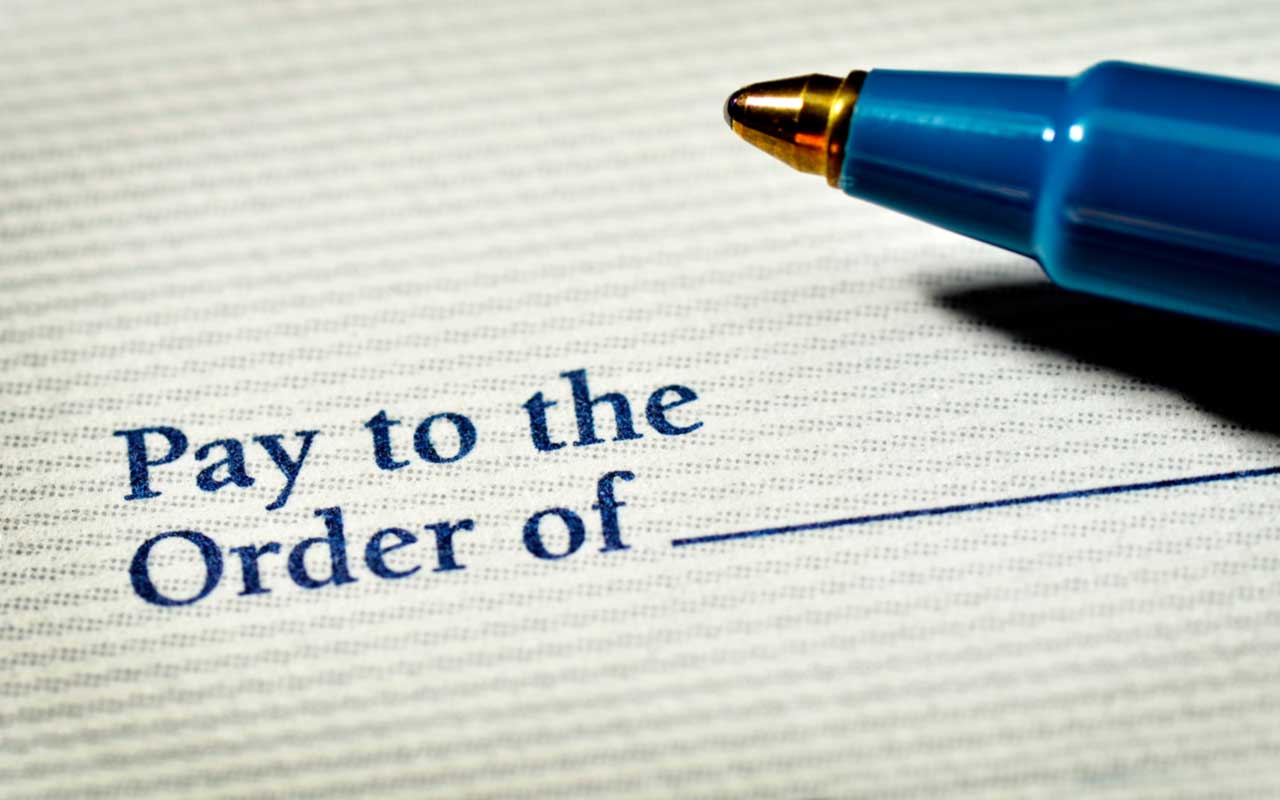
Writing Checks
Question: Can I write a check for payments from my EIP Card account?
Answer: Yes. If you have an EIP Card, you can request a Money Network® Check by calling 800-240-8100. The check amount will be subtracted from your debit card account balance. For more information, check the cardholder agreement at EIPCard.com.
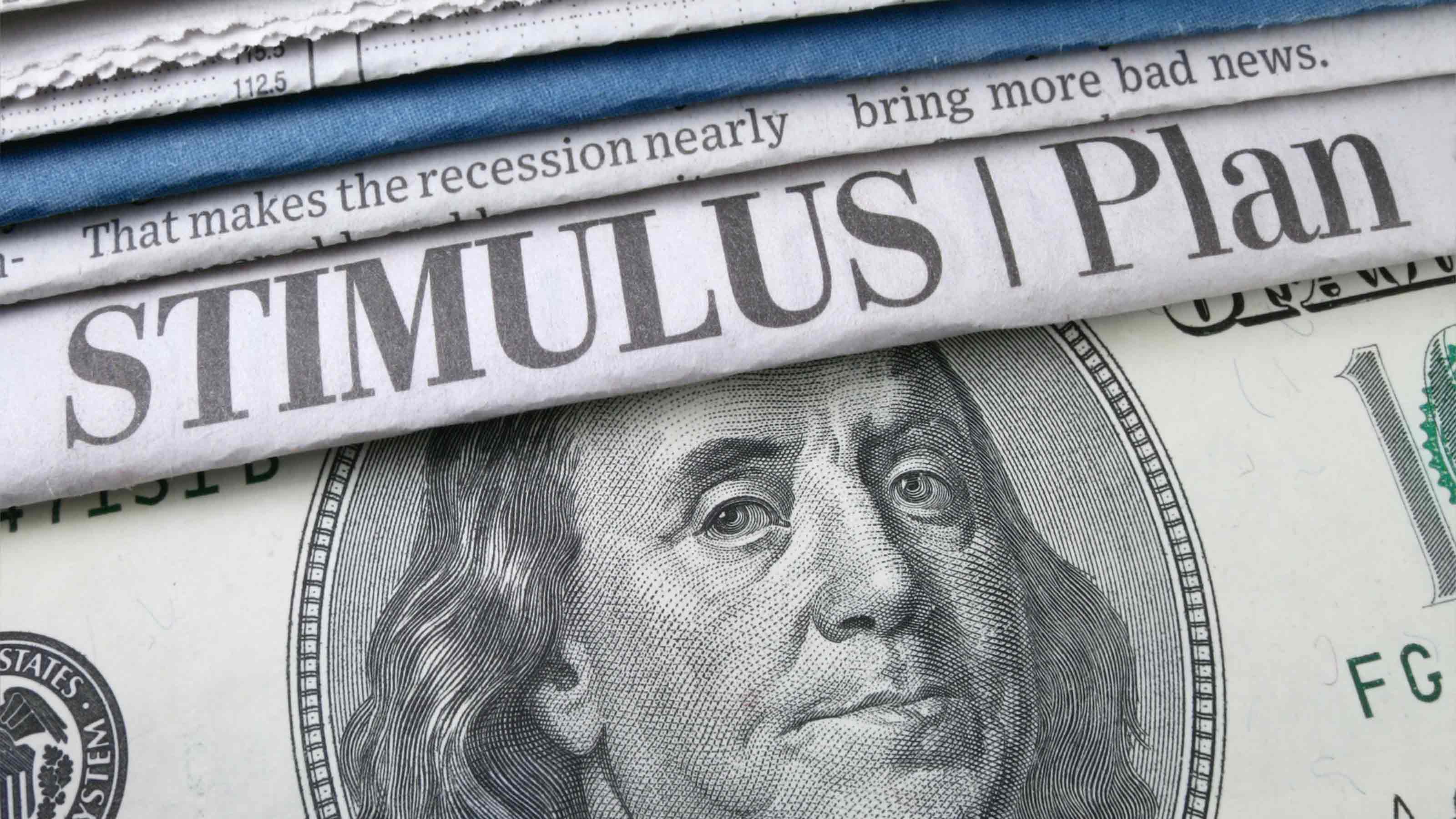
Stay on Top of Stimulus Check Developments
Follow Kiplinger for the latest news and insights on federal stimulus payments (and other important personal-finance matters). Stay with us on:
- email. Sign up free for our daily Kiplinger Today e-newsletter.
- social media. Follow us on Instagram, Twitter and Facebook.
- podcasts. Subscribe free to our weekly Your Money's Worth podcast. Apple | Google Podcasts | Spotify | Overcast
See some of our other coverage of the second stimulus check:
- Is Your Second Stimulus Check Taxable?
- 10 Things Social Security Recipients Need to Know About Their Second Stimulus Check
- When Will Your Second Stimulus Check Arrive? It May Already Be On Its Way
- Who's Not Getting a Second Stimulus Check (Not Everyone is Eligible!)
- How Your Second Stimulus Check Will Differ from the First One
- Will College Students Get a Second Stimulus Check? (Hint: It Depends!)
Profit and prosper with the best of Kiplinger's advice on investing, taxes, retirement, personal finance and much more. Delivered daily. Enter your email in the box and click Sign Me Up.
Rocky Mengle was a Senior Tax Editor for Kiplinger from October 2018 to January 2023 with more than 20 years of experience covering federal and state tax developments. Before coming to Kiplinger, Rocky worked for Wolters Kluwer Tax & Accounting, and Kleinrock Publishing, where he provided breaking news and guidance for CPAs, tax attorneys, and other tax professionals. He has also been quoted as an expert by USA Today, Forbes, U.S. News & World Report, Reuters, Accounting Today, and other media outlets. Rocky holds a law degree from the University of Connecticut and a B.A. in History from Salisbury University.
-
 Big Nvidia Numbers Take Down the Nasdaq: Stock Market Today
Big Nvidia Numbers Take Down the Nasdaq: Stock Market TodayMarkets are struggling to make sense of what the AI revolution means across sectors and industries, and up and down the market-cap scale.
-
 How Medicare Advantage Costs Taxpayers — and Retirees
How Medicare Advantage Costs Taxpayers — and RetireesWith private insurers set to receive $1.2 trillion in excess payments by 2036, retirees may soon face a reckoning over costs and coverage.
-
 3 Smart Ways to Spend Your Retirement Tax Refund
3 Smart Ways to Spend Your Retirement Tax RefundRetirement Taxes With the new "senior bonus" hitting bank accounts this tax season, your retirement refund may be higher than usual. Here's how to reinvest those funds for a financially efficient 2026.
-
 3 Smart Ways to Spend Your Retirement Tax Refund
3 Smart Ways to Spend Your Retirement Tax RefundRetirement Taxes With the new "senior bonus" hitting bank accounts this tax season, your retirement refund may be higher than usual. Here's how to reinvest those funds for a financially efficient 2026.
-
 5 Retirement Tax Traps to Watch in 2026
5 Retirement Tax Traps to Watch in 2026Retirement Even in retirement, some income sources can unexpectedly raise your federal and state tax bills. Here's how to avoid costly surprises.
-
 Paper Tax Filers Face Long Wait as IRS Digitization Effort Stalls
Paper Tax Filers Face Long Wait as IRS Digitization Effort StallsTax Filing Last April, the IRS launched its Zero Paper Initiative to speed up paper tax return processing. The project isn’t going well.
-
 How to Open Your Kid's $1,000 Trump Account
How to Open Your Kid's $1,000 Trump AccountTax Breaks Filing income taxes in 2026? You won't want to miss Form 4547 to claim a $1,000 Trump Account for your child.
-
 7 Bad Tax Habits to Kick Right Now
7 Bad Tax Habits to Kick Right NowTax Tips Ditch these seven common habits to sidestep IRS red flags for a smoother, faster 2026 income tax filing.
-
 Should You Do Your Own Taxes This Year or Hire a Pro?
Should You Do Your Own Taxes This Year or Hire a Pro?Taxes Doing your own taxes isn’t easy, and hiring a tax pro isn’t cheap. Here’s a guide to help you figure out whether to tackle the job on your own or hire a professional.
-
 Don't Overpay the IRS: 6 Tax Mistakes That Could Be Raising Your Bill
Don't Overpay the IRS: 6 Tax Mistakes That Could Be Raising Your BillTax Tips Is your income tax bill bigger than expected? Here's how you should prepare for next year.
-
 Will IRS Budget Cuts Disrupt Tax Season? What You Need to Know
Will IRS Budget Cuts Disrupt Tax Season? What You Need to KnowTaxes The 2026 tax season could be an unprecedented one for the IRS. Here’s how you can be proactive to keep up with the status of your return.

